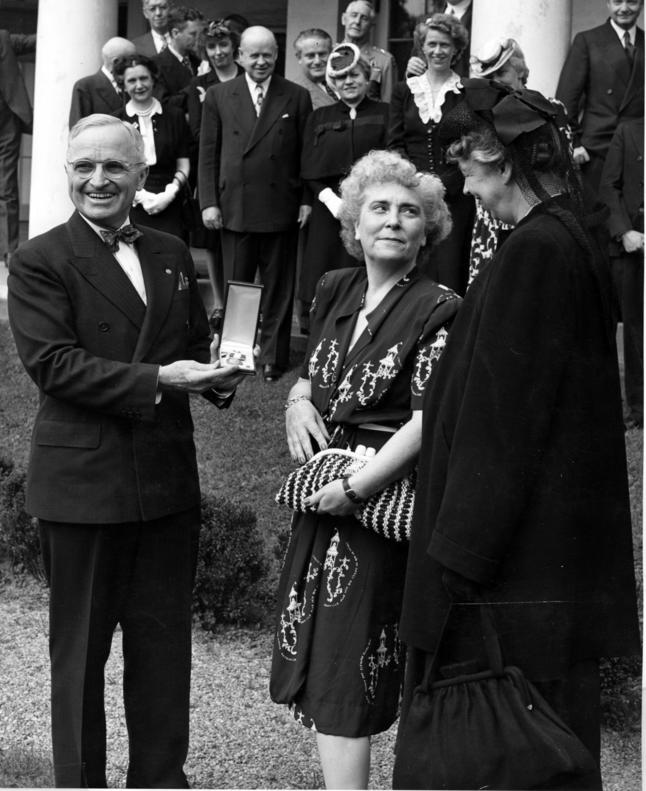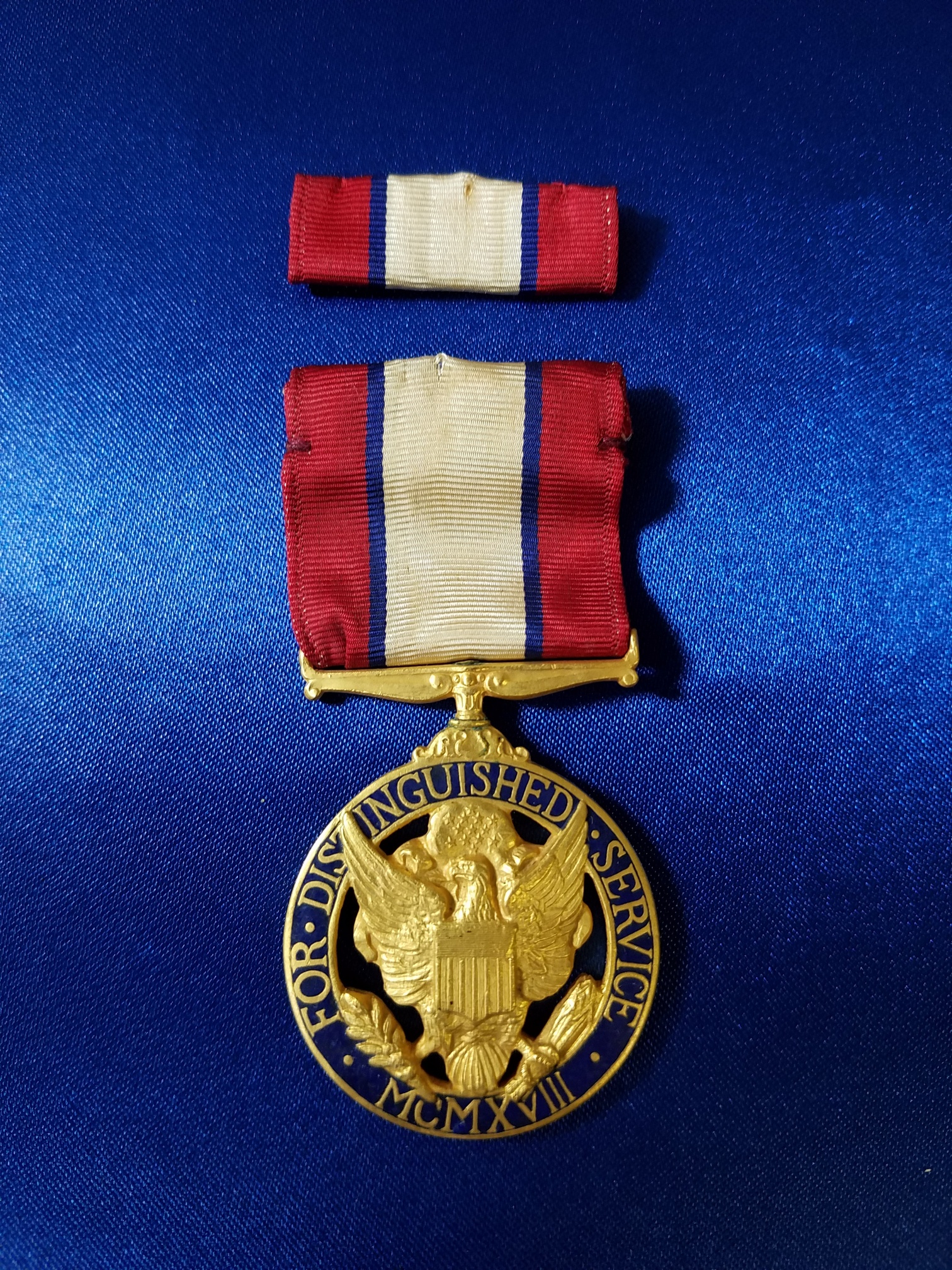Seventy-eight years ago this week, Army Chief of Staff General George C. Marshall met with President Franklin D. Roosevelt’s Senior Military Aide, Major General Edwin M. “Pa” Watson. Watson, who was born in Alabama and raised in Martinsville, Virginia, graduated from the United States Military Academy in 1908. After he completed tours of duty in the Philippines and Mexico, he was a junior military aide to President Woodrow Wilson. Watson then served in France with the American Expeditionary Force during World War I.
Pa Watson, who became President Roosevelt’s senior military aide in 1933, was the president’s main advisor on interactions with the War Department. Watson served as a liaison between Roosevelt in the White House, and Marshall in the War Department. In the Notes section of his book George C. Marshall: Interviews and Reminiscences, author Forrest Pogue wrote “Marshall said he went some to the president but tried not to go too much. At first Pa Watson didn’t want him to come too much. Pa wanted to be the chief military representative. Didn’t have the head for it. Later, Watson and (Harry) Hopkins wanted Marshall to come in (and meet with Roosevelt).”
The Papers of George Catlett Marshall do not mention what Marshall and Watson discussed on August 16, 1940. Other memos that Marshall sent to Watson in 1940 include subjects such as transferring construction functions from the Quartermaster Corps to the Chief of Engineers, War Department procurement information for Congress, and the release of Lend-Lease heavy bombers to England.
On February 20, 1945, Pa Watson died suddenly of a cerebral hemorrhage while returning from the Yalta Conference aboard the U.S.S. Quincy. Marshall attended his funeral at Arlington National Cemetery. On June 8, 1945, President Harry S. Truman, who became president following Roosevelt’s death in April, posthumously awarded Watson the Distinguished Service Medal. Truman presented the medal to Watson’s widow, noted pianist Frances Nash Watson, during a morning ceremony at the White House.
After her death, Frances Nash Watson left the Kenwood estate, which was located near Monticello and considered Roosevelt’s “Camp David,” to the University of Virginia. The George C. Marshall Museum is honored to have had Watson’s collection of medals on long-term loan from the Rector and Visitors of the University of Virginia Board since 2011.

